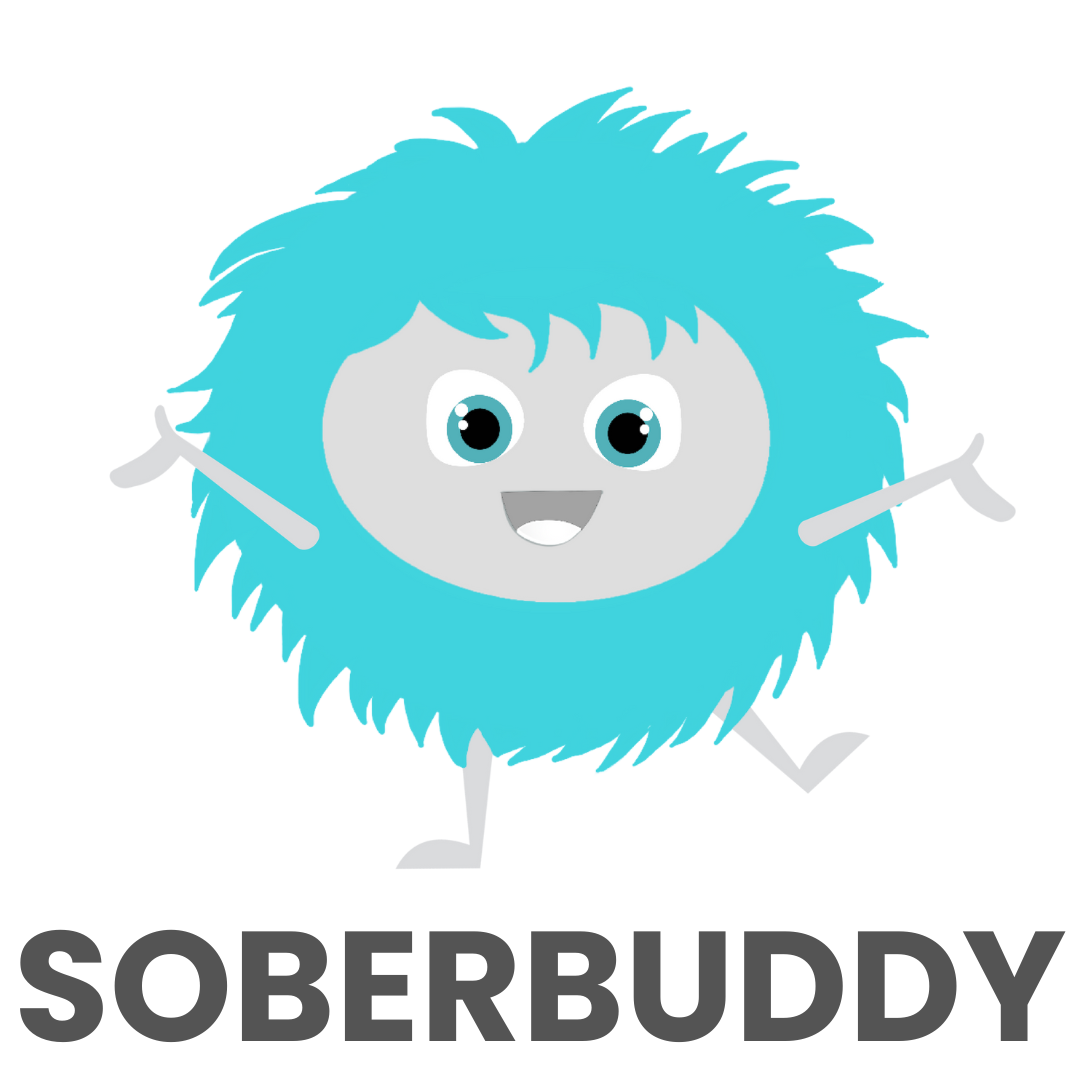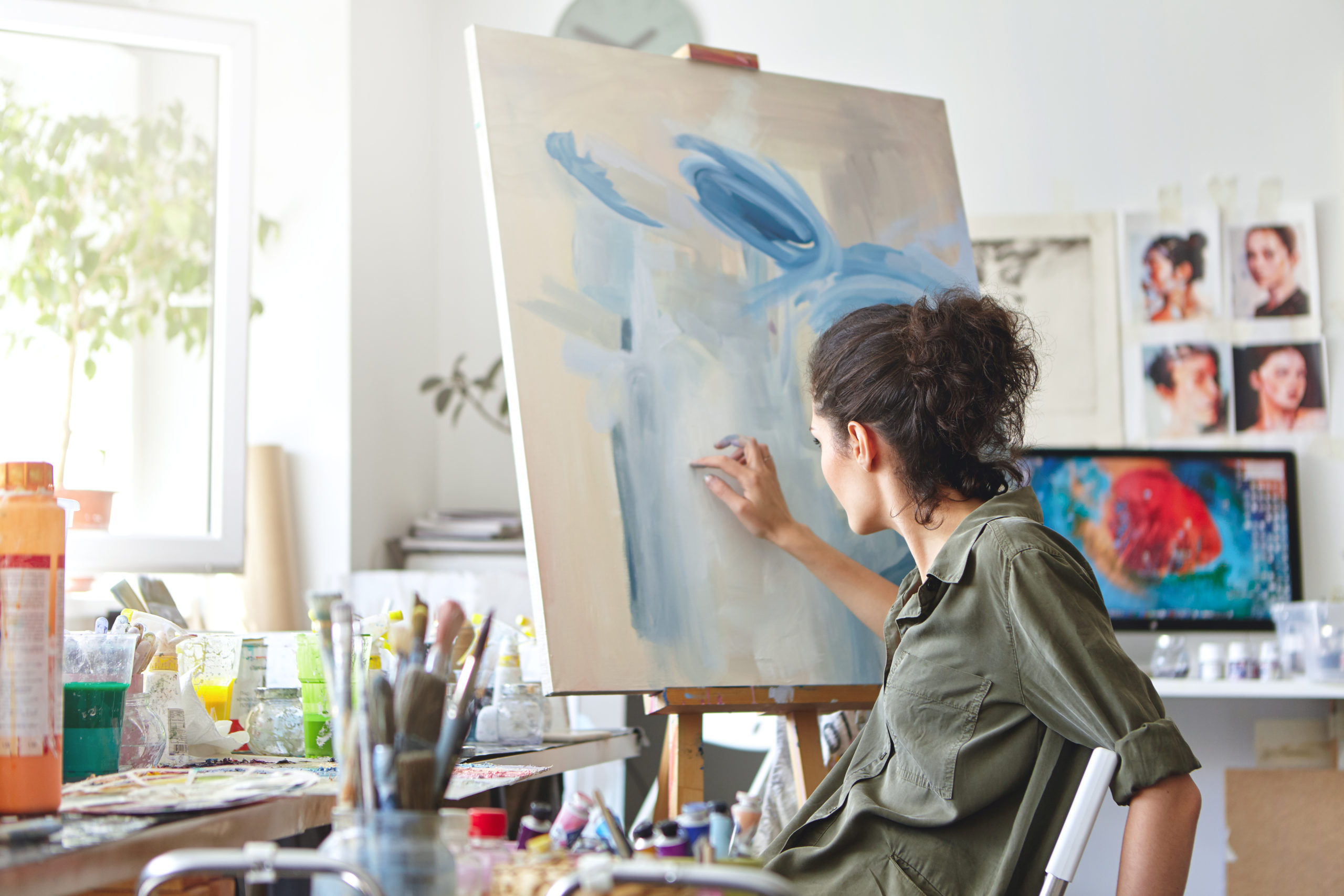Do you ever think back to when you were a kid and didn’t have any responsibilities or bills to pay? Your biggest job was your homework and your favorite pastime was playing outside with your friends, riding your bike around the neighborhood, or creating dance routines to “Hit Me Baby One More Time” with Sarah and Sally in the garage.
Hobbies and activities are a big part of our childhood lives but the importance of making time for the things we enjoy tends to get put on the back burner as we get older. But, it can be even more helpful to our health to have hobbies as an adult. Spending time doing things that bring you joy can get you through hard times. And focusing on new interests can help you break old habits that weren’t good for you.
Here are just a few of the ways having hobbies while in recovery will add to your life:
- Hobbies Help You Get Better at Time Management
If you are someone who gets wrapped up in a task or show and forgets to check the clock, having an art class or a hobby of your choice scheduled on Wednesday nights at 6 pm will help you pay attention to the time. Having a set time every week for this activity that you enjoy will force you to time block around it. When you’re in recovery, scheduled time is important so your mind stays busy and has less time to think about drinking or using.
2. Hobbies Improve Your Health
Did you know that spending time doing fun activities that don’t involve a lot movement (like coloring in an adult coloring book or learning how to play a new instrument) have been scientifically proven to lower your blood pressure and cortisol (our stress hormone) which as a result makes you calmer and puts you in a better mood.
3. Hobbies force you to experience new things
If you’re in recovery, you are likely trying to change your habits. This can be a lot easier said than done. When you’re used to spending your time focusing on drinking or using, it can be hard to find new healthy ways to spend your time. Trying new hobbies is a great, easy way to discover new activities you enjoy. Hobbies don’t always have to cost money, either. A few free ways to try something new can be: teaching yourself a new skill on YouTube, taking a donation yoga class at your city’s community center, reading a book about something you’re interested in at your local library, joining a local walking group, etc.
4. Hobbies let you meet new people
All throughout life, but especially during recovery, we are evolving and changing. As we get older, we outgrow certain friendships and people in our lives. Outgrowing friends isn’t a bad thing, but it can feel lonely at times. Trying new hobbies and putting yourself outside your comfort zone will expose you to new people who have similar interests, like the art class you are both taking. Meeting new people can feel awkward and uncomfortable but having a similar interest to bond over is a great ice breaker.
The nice thing about hobbies is that we can try a bunch of them until we find one (or a few!) we like. Besides having physical, social, and mental benefits, hobbies provide a nice way to spend your time and bring joy to your life—making something like going through recovery a little easier.

